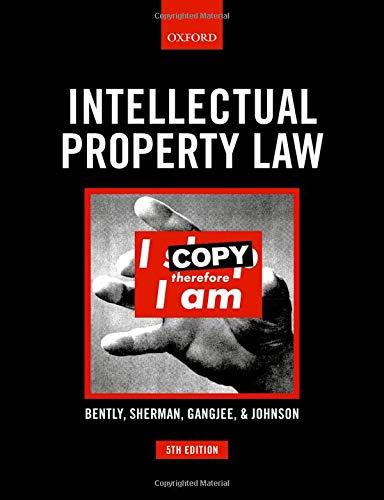Question
In mediation, the mediator does not give an award or opinion on the merits of the dispute. Question 6 options: True False Question 7 (1
In mediation, the mediator does not give an award or opinion on the merits of the dispute.
Question 6 options:
| True | |
| False |
Question 7 (1 point)
The adversary system in the United States is based on the idea that the truth will emerge in courtrooms through a "battle of words" between two lawyers.
Question 7 options:
| True | |
| False |
Question 8 (1 point)
In a civil case, the plaintiff need not have the preponderance of the evidence on his or her side.
Question 8 options:
| True | |
| False |
Question 9 (1 point)
In determining whether a decision is ethical, teleological ethical theories focus on the consequences of the decision.
Question 9 options:
| True | |
| False |
Question 10 (1 point)
Corporations sometimes consciously choose to break the law if it poses acceptable risks such as relatively light penalties for violation, if the benefits gained by doing so are great.
Question 10 options:
| True | |
| False |
Question 11 (1 point)
For companies transacting business across the globe, the identification of common values may be very daunting because culture may have strong influences on the ethical attitudes of business managers.
Question 11 options:
| True | |
| False |
Question 12 (1 point)
The states retain the exclusive power to regulate intrastate commerce.
Question 12 options:
| True | |
| False |
Question 13 (1 point)
The Fourth Amendment to the United States Constitution prohibits the federal government from depriving any person "of life, liberty, or property, without due process of law."
Question 13 options:
| True | |
| False |
Question 14 (1 point)
Felonies are lesser crimes, such as traffic offenses or disorderly conduct, that are punishable by fines or confinement in a city or county jail.
Question 14 options:
| True | |
| False |
Question 15 (1 point)
Crimes are usually classed as felonies or misdemeanors, depending on the seriousness of the offense.
Question 15 options:
| True | |
| False |
Question 16 (1 point)
Under the Foreign Corrupt Practices Act, it is legal for any American firm to offer gifts of anything of value to foreign officials.
Question 16 options:
| True | |
| False |
Step by Step Solution
There are 3 Steps involved in it
Step: 1

Get Instant Access to Expert-Tailored Solutions
See step-by-step solutions with expert insights and AI powered tools for academic success
Step: 2

Step: 3

Ace Your Homework with AI
Get the answers you need in no time with our AI-driven, step-by-step assistance
Get Started


